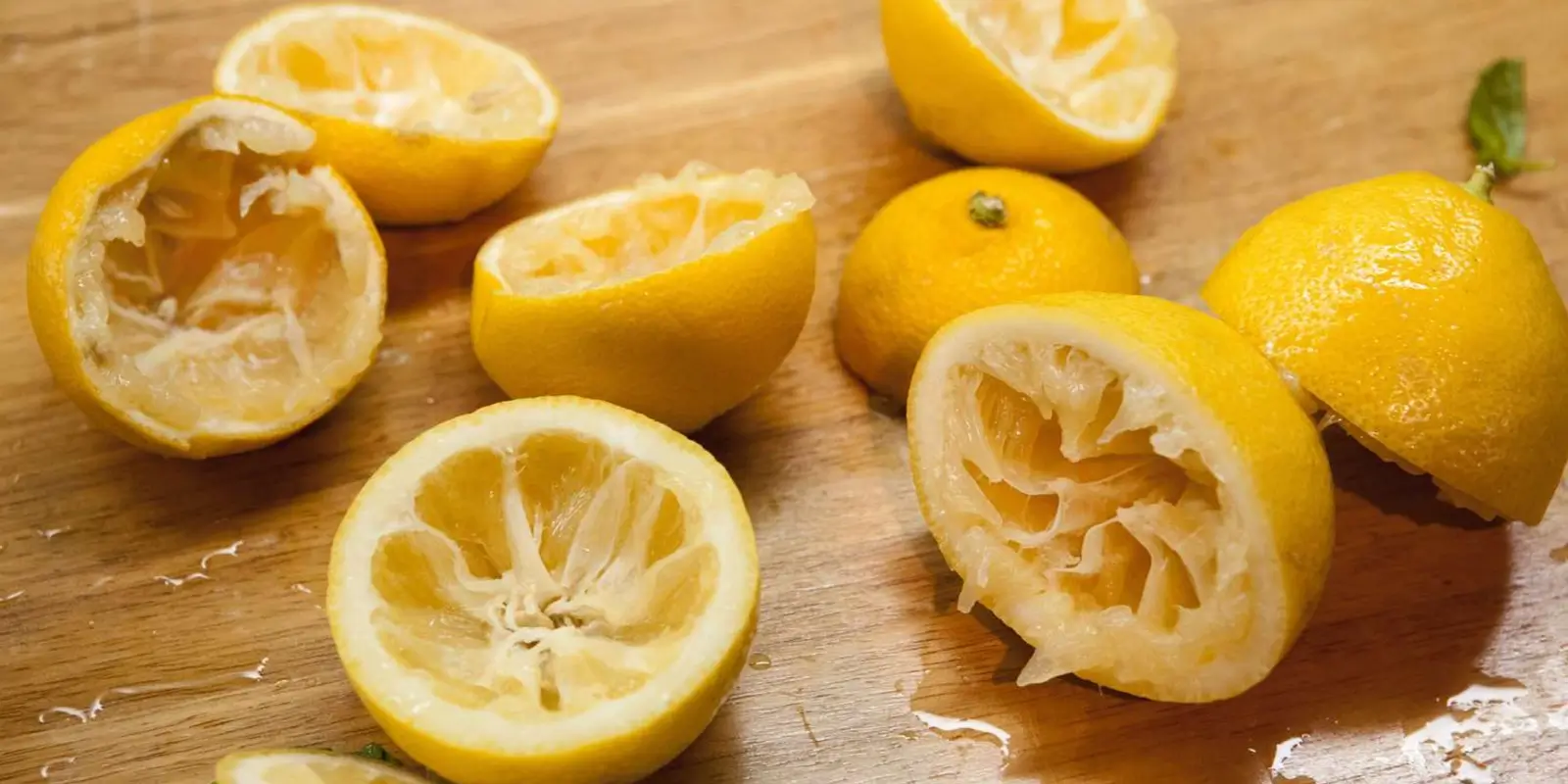Lemons, with their tangy flavor and numerous health benefits, are considered a superfood, ideal for smoothies and fresh salads. Ashish Rani, a Clinical Dietitian at HCMCT Manipal Hospitals, notes that lemon peel is rich in vitamins, minerals, and fiber, all contributing to various health benefits. According to Health Shots, the peel actually contains more nutrients than the fruit or juice itself. The benefits of the lemon’s fruit, juice, and essential oil are well-documented, as highlighted in a 2020 review of 88 clinical studies published in Plants.
What about eating lemon peel? The United States Department of Agriculture (USDA) reports that lemon peel contains five to ten times the amount of key compounds compared to lemon juice, including magnesium, potassium, Vitamin C, and Vitamin A. Not only are lemon peels safe to consume, but they are also highly beneficial. According to Healthline, lemon peels are nutritious while containing only three calories and one carbohydrate. Ensure the lemon peels you eat are organic and unwaxed to avoid ingesting toxic chemicals and pesticides.
Lemon peel is good for your heart, liver, stomach, and immunity
As per Healthline, lemon peel is rich in antioxidants like vitamin C and D-limonene, which enhance immunity, reduce oxidative stress, and support heart health. With 129 milligrams of vitamin C per 100 grams, lemon peel aids immune system function. The 2020 review in Plants found that lemon peel can improve digestive health, lessen nausea, neutralize stomach acid, and assist with gastric reflux. Additionally, a 2018 review in Evidence-Based Complementary and Alternative Medicine indicated that one to two grams of Vitamin C could reduce the duration of the common cold in children and adults by strengthening the immune response.
Lemon peels are packed with vitamin C, flavonoids, and pectin fiber, which may lower the risk of some cancers, particularly stomach cancer (according to Healthline). These compounds may also safeguard heart health by lowering high blood pressure, cholesterol, and obesity, which are risk factors for heart disease. A 2017 study in Biomed Research International demonstrated that lemon’s ability to protect liver function means it can even make a handcrafted cocktail healthier.
Lemon peel can support oral health
Apart from lemon peel’s internal health benefits, Healthline suggests its antimicrobial and antibacterial properties may protect oral health. Streptococcus mutans and other bacteria in the mouth can cause cavities, gum infections, and other oral diseases. Lemon peel’s antibacterial elements combat Streptococcus mutans and other oral bacteria, inhibiting the growth of harmful microorganisms – especially in high doses. A 2018 study in Biomedicines found similar antibacterial properties help lemon peel fight antibiotic-resistant bacteria. A related 2014 study in Spectrochim Acta. Part A Molecular and Biomolecular Spectroscopy demonstrated that lemon peel’s antimicrobial agents could battle drug-resistant fungi causing skin infections.
Lemon peel can even improve your smile’s appearance. Dentaly advises using lemon peel to whiten teeth. To do this, peel a lemon and cut the peel into pieces small enough to fit in your mouth. Rub the yellow outside of the peel against your teeth but avoid the gums. However, lemon can erode tooth enamel and dentin. Consult your dentist before using lemon peel to whiten teeth, and use it sparingly.
Lemon peels will not get you high
Despite the impressive benefits and versatility of lemon peels, they cannot induce a high. A TikTok trend from 2021 featured people eating lemon peels seeking euphoria. A BuzzFeed reporter tried it and noted slight improvements in energy and alertness, but the results didn’t live up to the hype. Dr. Tara Knott told BuzzFeed, “Lemon peels contain fiber, vitamin C, and some minerals. There is a wide range of suggested health benefits from eating lemon peels, but more research is needed. For most people, they are safe to eat, but the euphoric feeling and mood and energy boost are likely subjective experiences.”
However, that trend is outdated, and One Green Planet concurs with Dr. Knott, noting that no current research supports the claim that eating lemon peel provides significant mood-boosting or energizing effects. If TikTok creators experienced euphoria from the lemon peel trend, their observations were likely subjective.
Add lemon peel to your favorite foods
You don’t need to eat lemon peels whole to enjoy their benefits. Health Shots suggests zesting, peeling, or drying lemon peels to easily store and use them in your favorite dishes and baked goods. For zesting, use a fine grater to shave the yellow part of the peel from the bitter white pith. Freeze the zest in an airtight container and use it to add flavor to soups, pasta, smoothies, and more. Mix lemon zest with sugar for lemon sugar, ideal for cookies, cakes, lemon bars, and other desserts. Combine zest with crushed black peppercorns and dry in a low-heat oven to create homemade lemon pepper (according to Fine Dining Lovers).
Dry peels using a dehydrator or cut them into strips and let them dry on a sunny windowsill for two to three days. Alternatively, use a 200-degree oven for 30 minutes. Store dried peels in a bag or container in your spice cabinet. Use dried peels in fruit cakes or to make hot lemon tea, adding honey if desired. Replace orange pectin and peel with lemon for marmalade. For a fun twist, combine equal parts vodka and lemon peels in a jar and let sit for three to five days, shaking daily, to make lemon-infused vodka.




